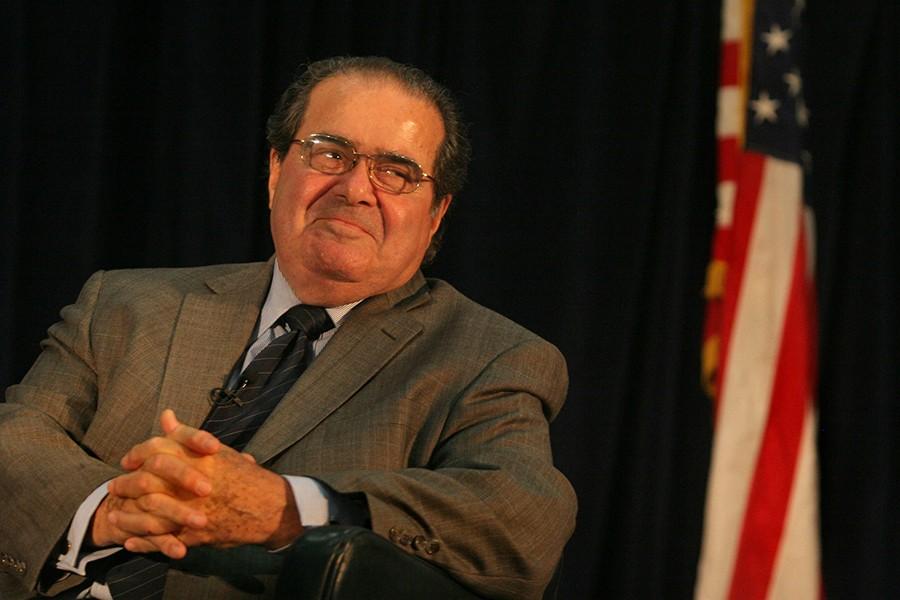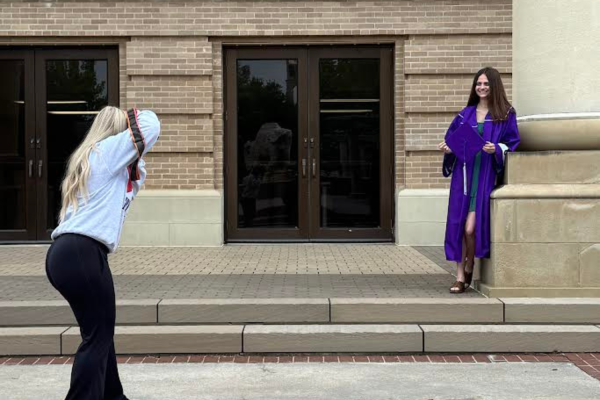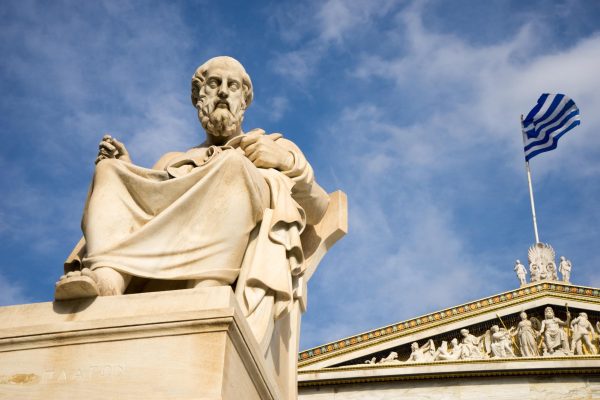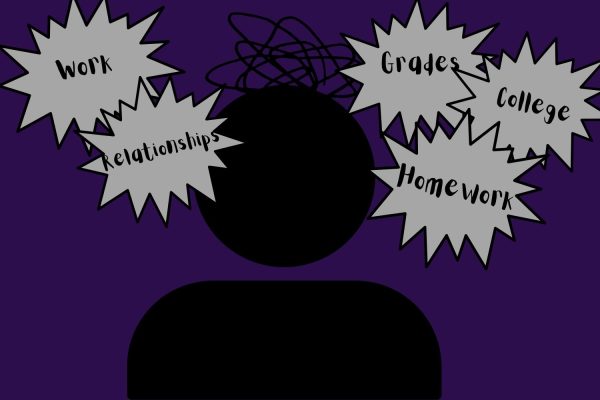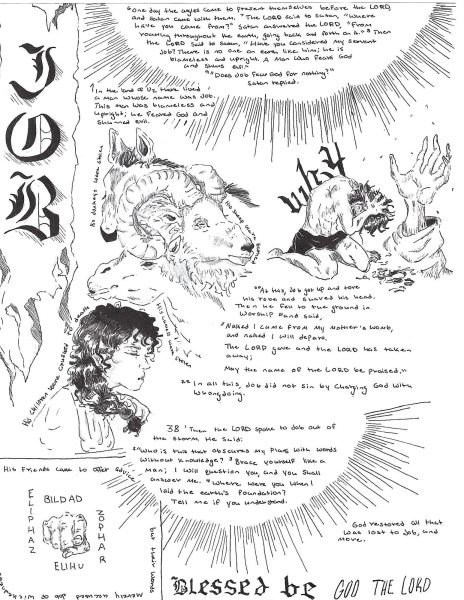Justice Scalia set standard, deserves respect
Supreme Court Justice Antonin Scalia in a September 2010 file image at the University of California, Hastings. Scalia died on Saturday, Feb. 13, 2016. (Used with permission/MCT/Ray Chavez/Bay Area News Group/TNS)
Supreme Court Justice Antonin Scalia died of natural causes Feb. 13 while on a trip to Texas. Some people considered him a brash, homophobic, religious lunatic and their lingering hatred is spread across social media. To others, Scalia was a courageous hero who stood up for values some call obsolete. Still others, suffering from a lack of interest in political and social issues, have not heard the name Antonin Scalia.
Scalia’s beliefs, words and actions demonstrated the values on which the United States were founded. Americans should follow Scalia’s example in word and deed, exercising the rights and responsibilities given by the Constitution.
Scalia stood out for his belief that servanthood happens horizontally, not vertically, with power resting in the hands of the people rather than with appointed officials.
In his dissent to the 5-4 ruling legalizing same-sex marriage, his argument was not in the morality of the decision, but the validity of it. The power to determine the legality of same-sex marriage, Scalia said, belonged to the people. Even as an appointed official, Scalia questioned the constitutionality of appointed officials, proving the upholding of the Constitution more important to him than power or reputation.
Scalia’s unique view of public servanthood may not have been nearly as profound if he had not been so great at communication. One of his best leadership skills was his ability to write and communicate in a way that softened his strictness without wavering his resolve. He often communicated with humor about non-humorous subjects. His dissents came across as combative to some people, but more for the content than for the means of expression. In modern culture, expression of highly conservative views often warrants harsh judgment, but Scalia expressed such beliefs eloquently and effectively.
Many people said Scalia’s actions and decisions were too religious to be within the law, but in reality, he prioritized the law above everything else. In decisions of questionable morality, he often sided with whatever could be found directly in the Constitution, making him an indispensable judge. As President Obama seeks a new nominee to fill Scalia’s seat, he and the rest of the country must understand how difficult it will be to replace the man who placed his country above himself consistently throughout his 30 years of public servanthood.
Some of the people who objected to Scalia’s dissents throughout his career reminded the public after his death with tweets and Facebook posts proclaiming good riddance to the “homophobic bigot” who could not accept a changing culture. One of Scalia’s closest friends, however, was Ruth Bader Ginsburg, perhaps the Supreme Court Justice with the most opposite views. Many Ginsburg fans are surprised this friendship could even be possible because of differing beliefs, but Ginsburg said Scalia was a close friend who also made her better at her job.
When a person dies, plastering social media with negative, and in many cases, false, comments about that person is not an appropriate response. Scalia’s life is a worthy example of a life well lived. The fact that some of his opinions did not line up with those of other people does not decrease the value of the lessons he taught: to put others first, to live with conviction and always to seek justice.

Hey! My name is Callie Boren, and I am Co-Editor-in-Chief of the Eagle’s Tale. This is my third and final year on staff. I am also the National Honor Society president, senior class president, an officer in the Chamber Choir, and a member of the UIL...

